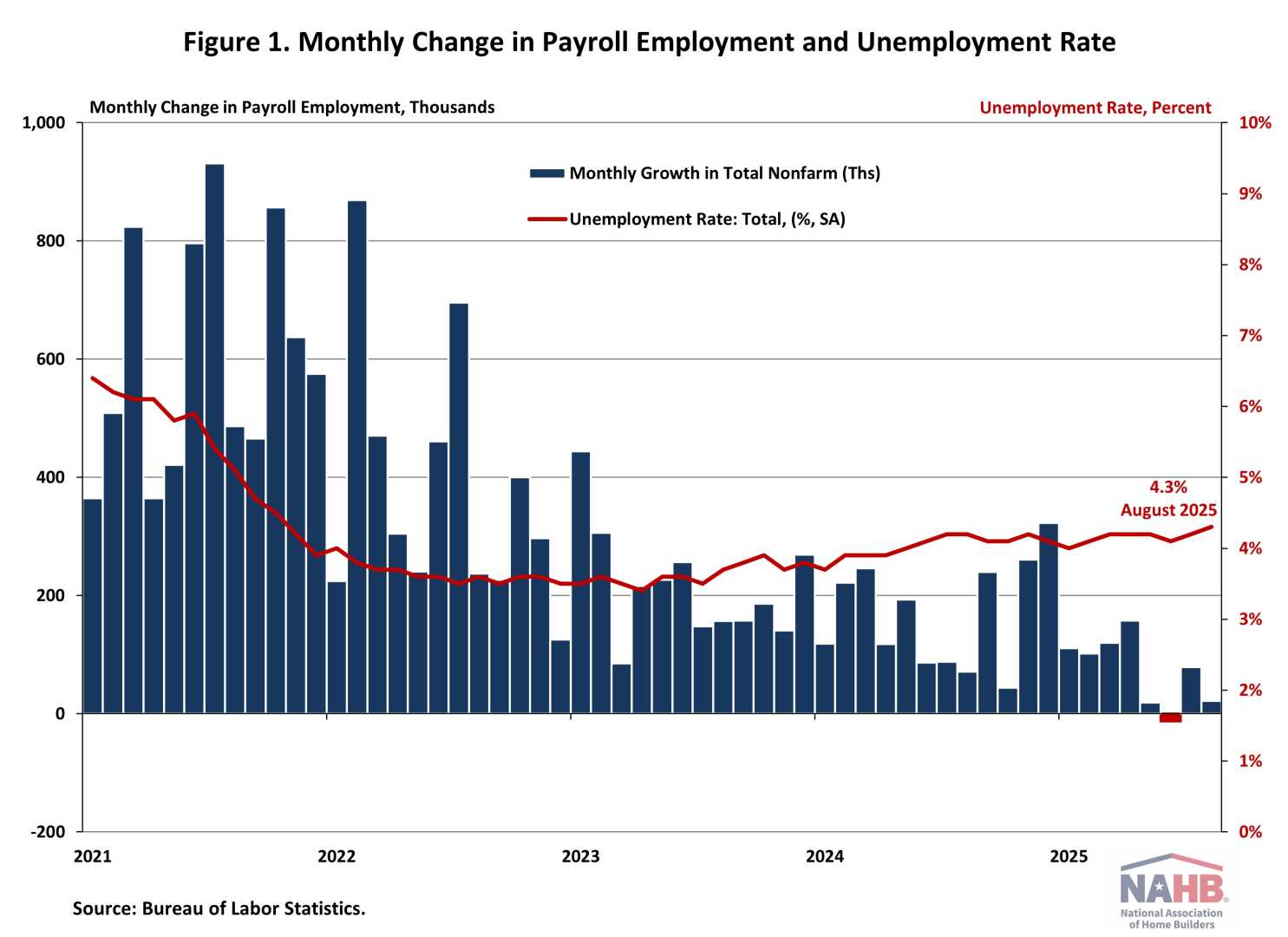Business
US Job Market Stalls as Unemployment Rate Hits Four-Year High

WASHINGTON, D.C. — The US labor market is facing significant challenges as job growth has slowed considerably. According to the Bureau of Labor Statistics, only 22,000 jobs were added in August, and the unemployment rate increased to 4.3%, the highest level in nearly four years.
The report, released on Friday, also highlighted a downward revision for June, now showing a loss of 13,000 jobs. This marks the first decline in employment since December 2020, ending a prolonged period of growth in the job market.
Glassdoor economist Daniel Zhao described the current situation as a “stalling” job market, stating, “It’s slowing to a dangerous speed.” The weak job growth is compounded by uncertainties surrounding economic policies and high interest rates.
In August alone, job opportunities were dominated by growth in the health care sector, which added approximately 46,800 jobs. However, this industry accounts for only 15% of overall US employment, leaving many workers without opportunities.
RSM US economist Joe Brusuelas emphasized the impact of ongoing trade policies, stating, “Manufacturing, which was supposed to benefit from restrictive trade policies, instead slipped into reverse as supply chain uncertainty deepened.”
The unemployment rate for Black workers has also risen sharply, hitting 7.5% in August. This increase is concerning, as economist Dean Baker noted that during labor market downturns, the unemployment rate for Black workers typically rises more significantly than that of White workers.
Despite the current challenges, some economists remain hopeful. Brusuelas stated that a combination of potential interest rate cuts and tax cuts could support a revival in hiring in the near future, ensuring that a recession is not imminent.
While uncertainty in policies continues to loom, experts like Ron Hetrick predict that hiring may rebound once businesses see more stability in economic conditions. “They’re waiting for more certainty to occur,” Hetrick said. “I think there’s somebody probably out there who’d like to hire, but not in this environment.”












